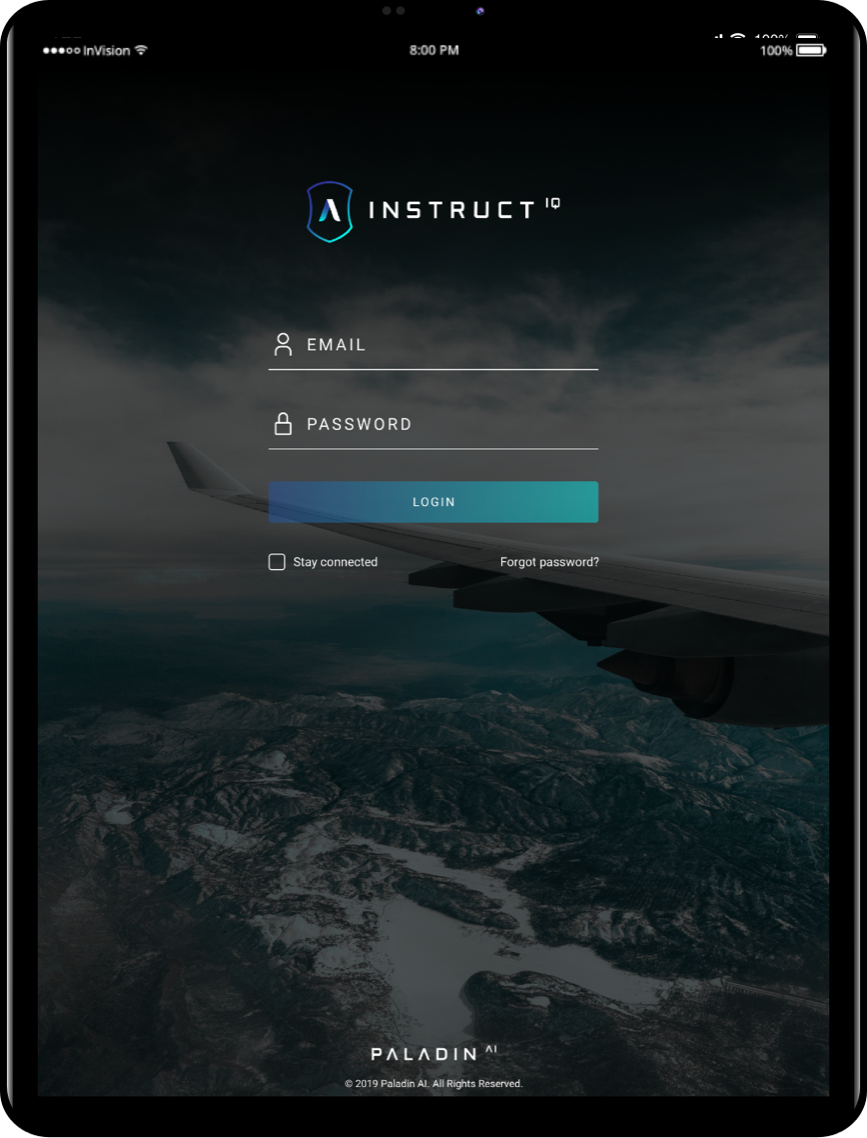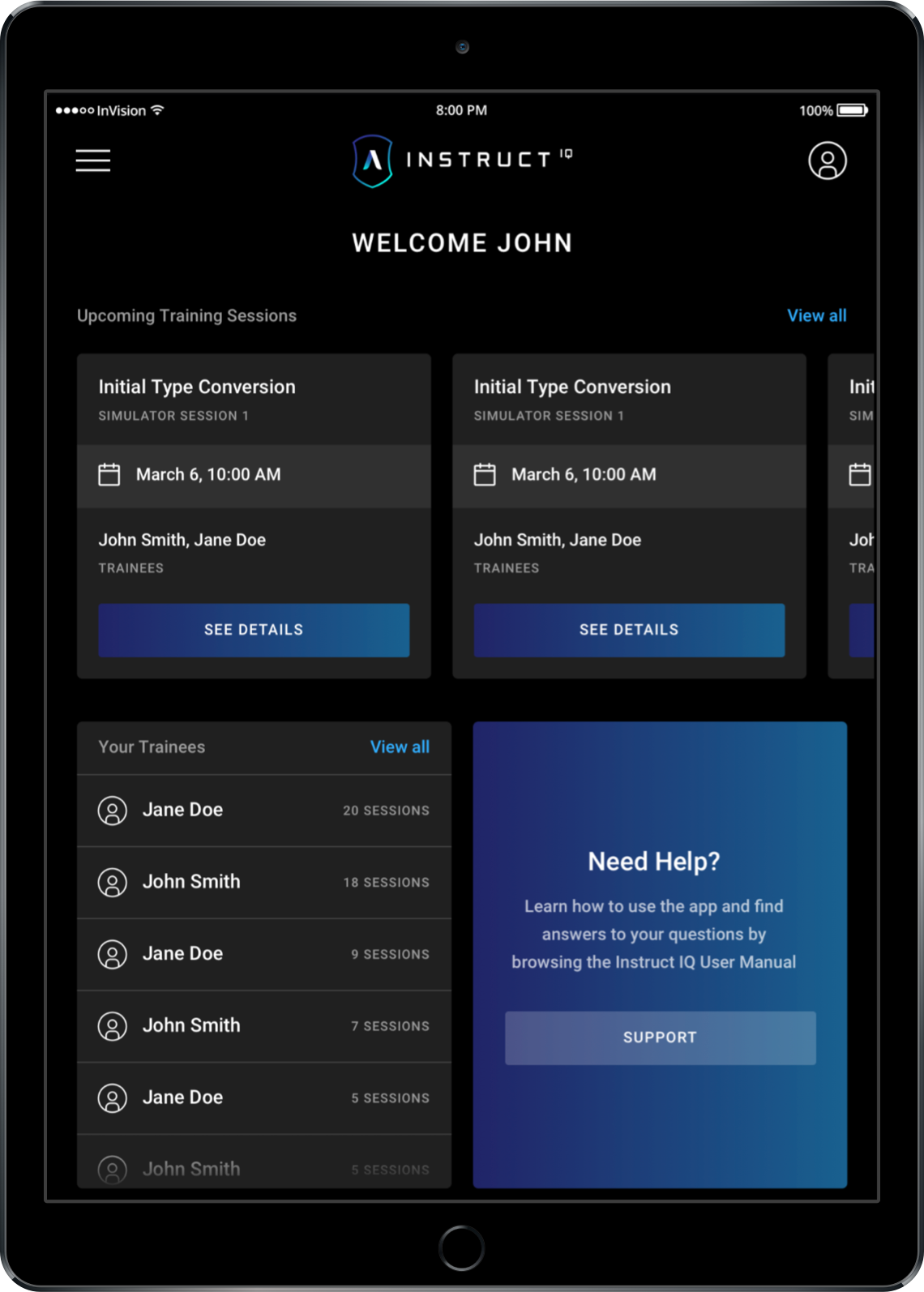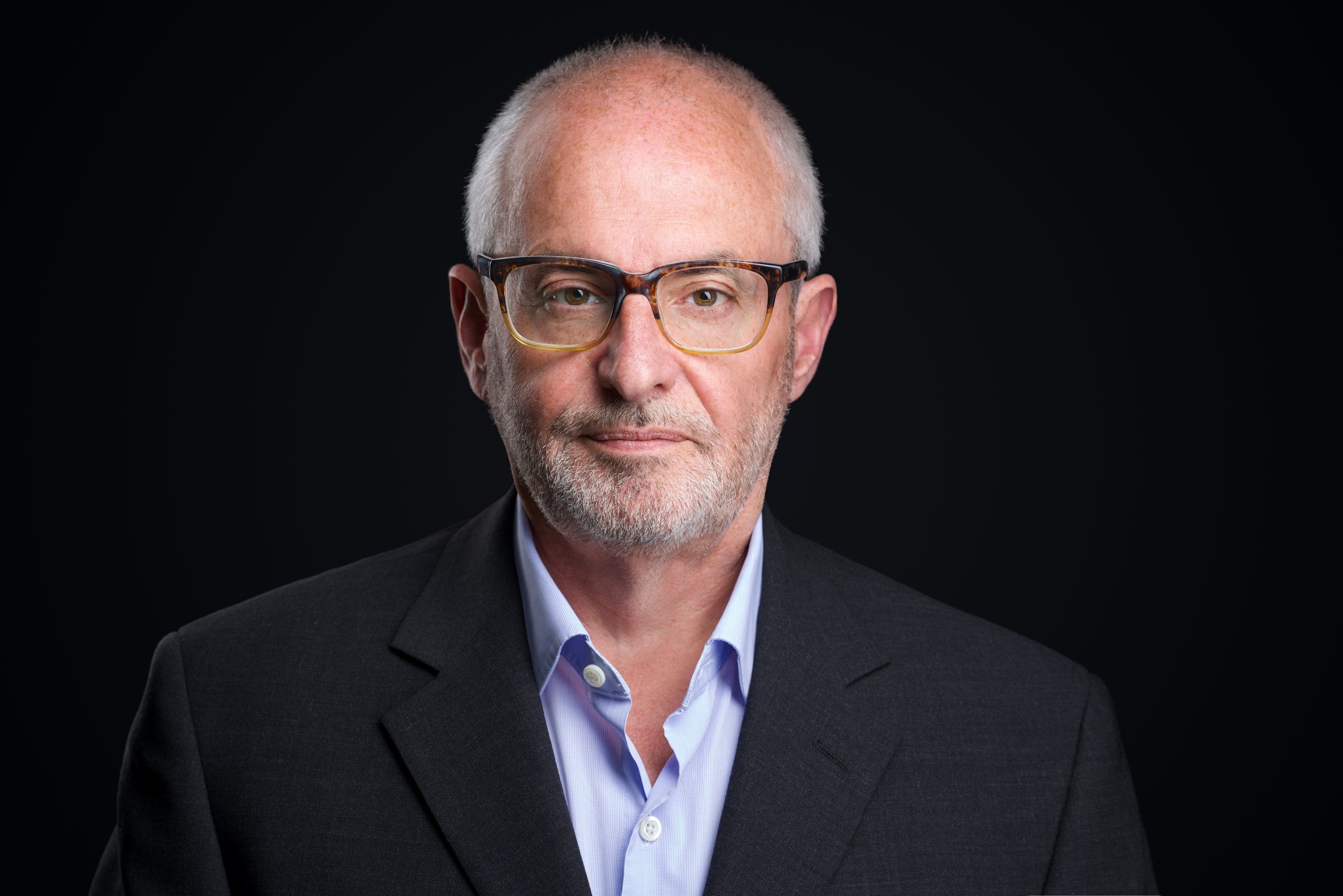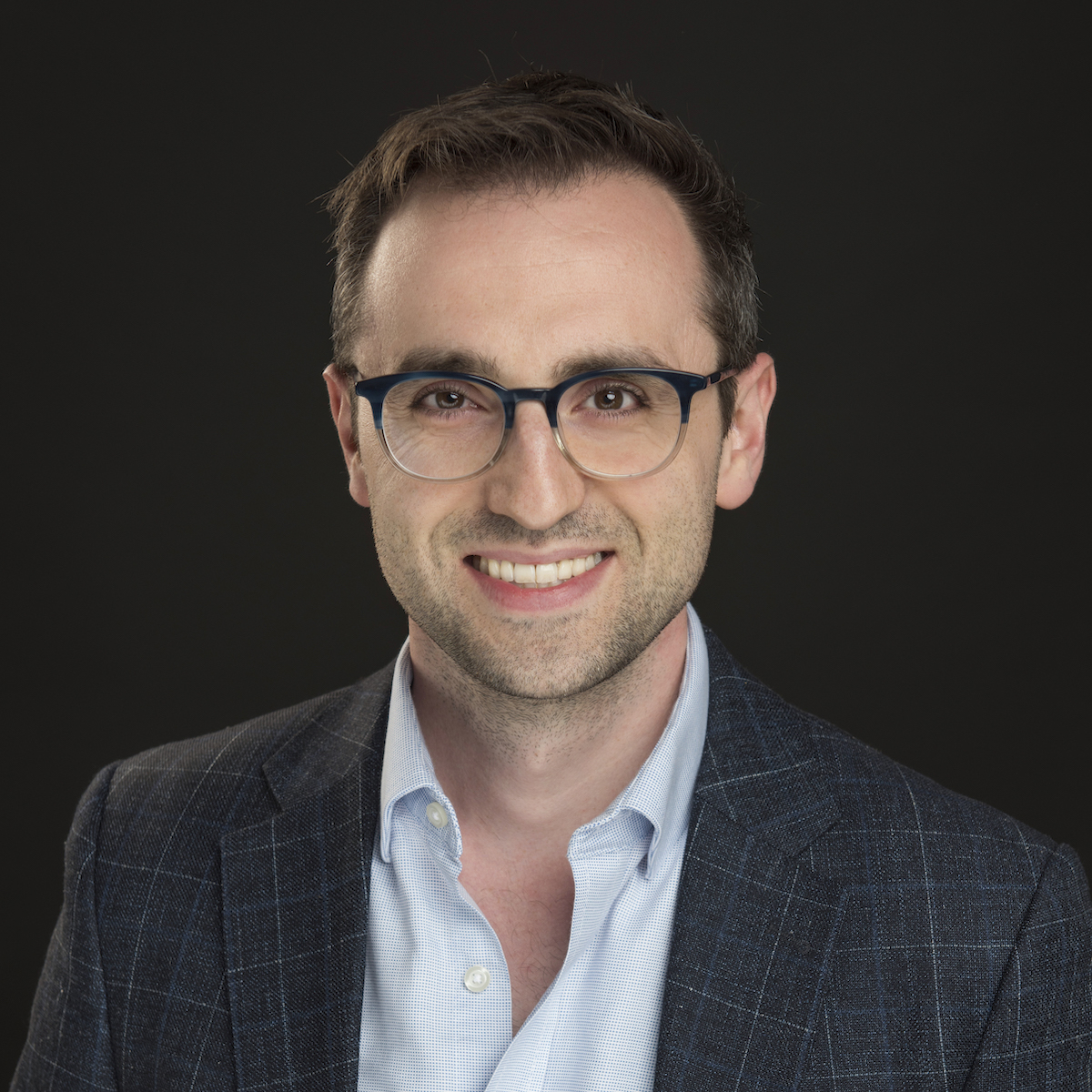After an almost 30-year career at CAE, the market leader in civil aviation training, including as the Chief Technology Officer, Adolfo Klassen knew that aviation was going to be fundamentally changed by artificial intelligence. It was time for something new. Aviation was already one of the most data-intensive industries on the planet, but the surprising thing was that despite more advanced aircraft and more realistic simulators, the basic building blocks of learning how to fly hadn’t changed much in decades.
, 

It was an opportunity for technological innovation. What if all the recent advances in big data analytics, machine learning, and psychometrics could be applied to flight training? And what if we could change the narrative around artificial intelligence: instead of replacing jobs, what if AI could augment humans, multiplying our ability to teach and helping us learn new skills?
At the time that Adolfo Klassen left CAE, his son Mikhail was completing a PhD in astrophysics at McMaster University, after previously studying applied physics and applied math at Columbia University in New York. An expert in data analysis, numerical modeling, and machine learning, Mikhail suggested some algorithms that could work well in predicting the learning outcomes of pilots. After successfully defending his PhD in 2016, Mikhail was itching to do something entrepreneurial, and so joined Adolfo in creating Paladin AI.


Montreal is a natural fit for an AI startup in aviation. A world hotspot for both aerospace and AI research, Paladin AI has been able to draw on rich talent in the local ecosystem. After an investment round led by Real Ventures and growing its team, Paladin AI is now trialing its adaptive training technology with multiple flight schools and pilot training centers, with sights set on a much bigger target — creating a world where humans and AI take flight together.











